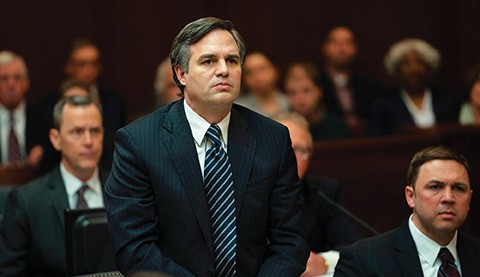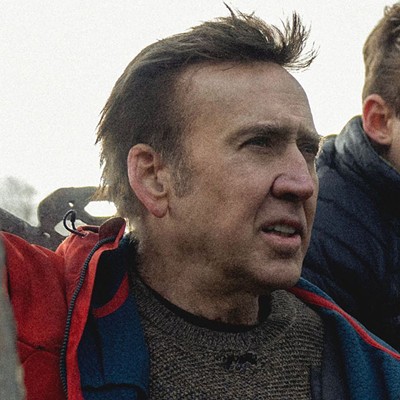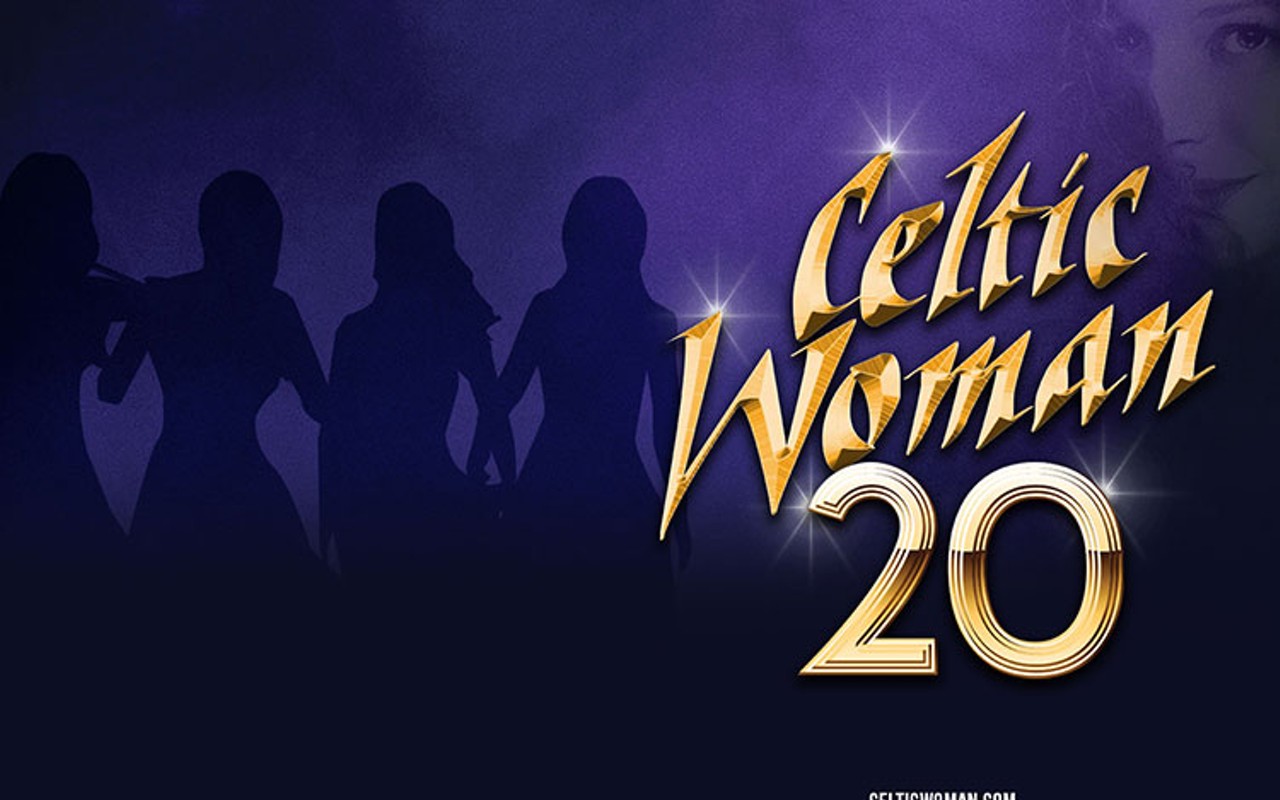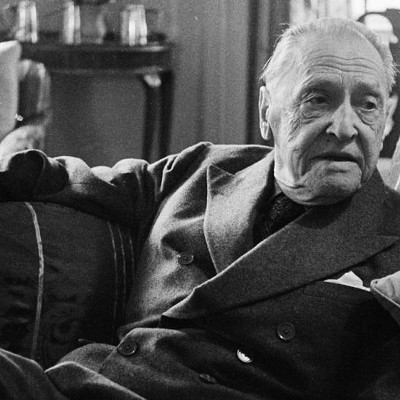Robert Bilott does not wear a cape. I don't think that he's impervious to bullets or fire and I'd be willing to bet that Kryptonite, were it to exist, would have no effect on him. Yet, he is a hero in the truest sense of the word, a man who goes out of his way to combat gross injustice and lets nothing deter him until things are put right. He does all of this at great personal and financial sacrifice, putting the needs of the victims ahead of himself at every turn.
Todd Haynes incendiary Dark Waters is an account of Bilott's fight against DuPont Chemicals, one that began in 1999 and lasted until 2015, a 16-year ordeal beset by frustration, setbacks and doubt yet fueled by the lawyer's insistence to right a wrong that occurred in his childhood backyard. Based on the New York Times article, "The Lawyer who Became DuPont's Worst Nightmare" by Nathaniel Rich, the film is a riveting procedural drama that's as infuriating as it is compelling, a movie that gets under your skin in the best way, inciting the viewer to activism with its relatable story.
By 1998, Bilott (a never better Mark Ruffalo) had become a partner at Taft, Stettinius & Hollister, a prestigious firm of over 200 attorneys that specialized in corporate law. Bilott's specialty was working with chemical companies to make sure they adhered to environmental law. This was all to change when he was contacted by Wilbur Tennant (Bill Camp), a Pennsylvania farmer who got in touch with him at the suggestion of the lawyer's grandmother. Seems that nearly 200 cows on his farm had died under mysterious circumstances, displaying symptoms of a disease or condition no veterinarian could identify. Tennant had sought help locally but had been turned away time and again. He suspected that the nearby DuPont chemical plant, 35 times larger than the Pentagon, was responsible. Tragically, he had no idea how right he was.
The bulk of Waters deals with Bilott's investigation into this claim and the long list of horrific discoveries he makes regarding DuPont's negligence. And while this endeavor feeds his low-simmering sense of fury for well over a decade, it also takes a toll on his health, his marriage to his understanding but long-suffering wife, Sarah (Anne Hathaway), and alienates him from many of his peers. All of these things serve as a testament to Bilott and cast him not as a martyr but a man of fierce conviction.
And while all of this proves fascinating, it's the quiet sense of rage that courses through the film, that director Todd Haynes consistently stokes, that makes Waters the best of the recent spate of social justice films. The filmmaker knows that he and his cast need not raise their voices in telling this story; the gross negligence is at its core so vile, no grandstanding is needed. Neither Haynes nor screenwriters Matthew Carnahan and Mario Correa shy away from the facts, displaying the horrific results of DuPont's actions on the human and animal victims in stark, realistic terms. The company's sins are staggering, so much so that no financial judgment could ever truly make things right.
One of the best films of the year, Dark Waters serves as a potent reminder of how the protection of big business negates the public welfare far too often, that they are often beyond the reach of the law thanks to concessions that make it nearly impossible to adequately prosecute. More importantly, the film drives home that common decency is the first casualty in their pursuit of obscene profit and that as consumers, we pay again and again for their insatiable greed and avarice.
Contact Chuck Koplinski at

















